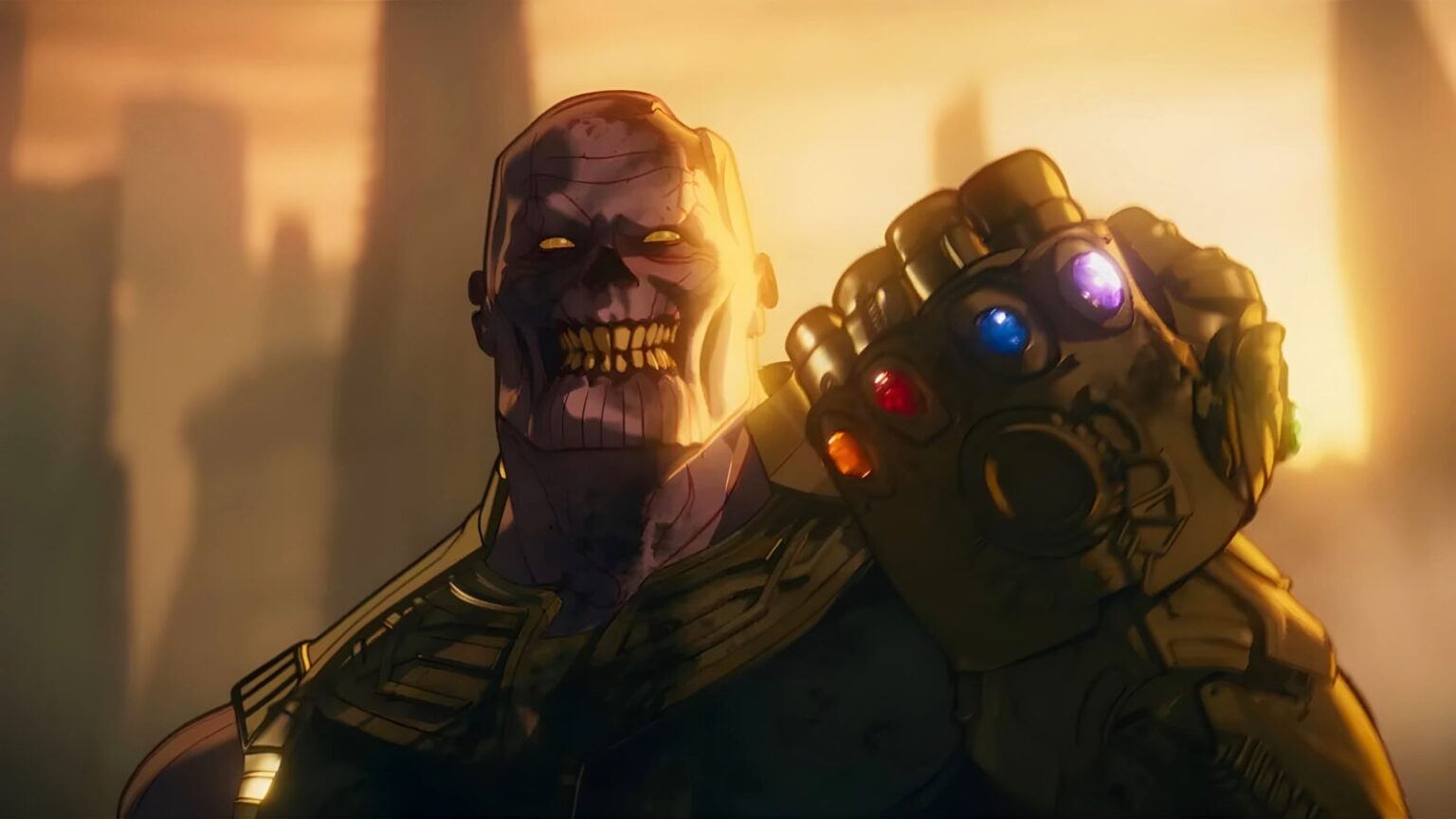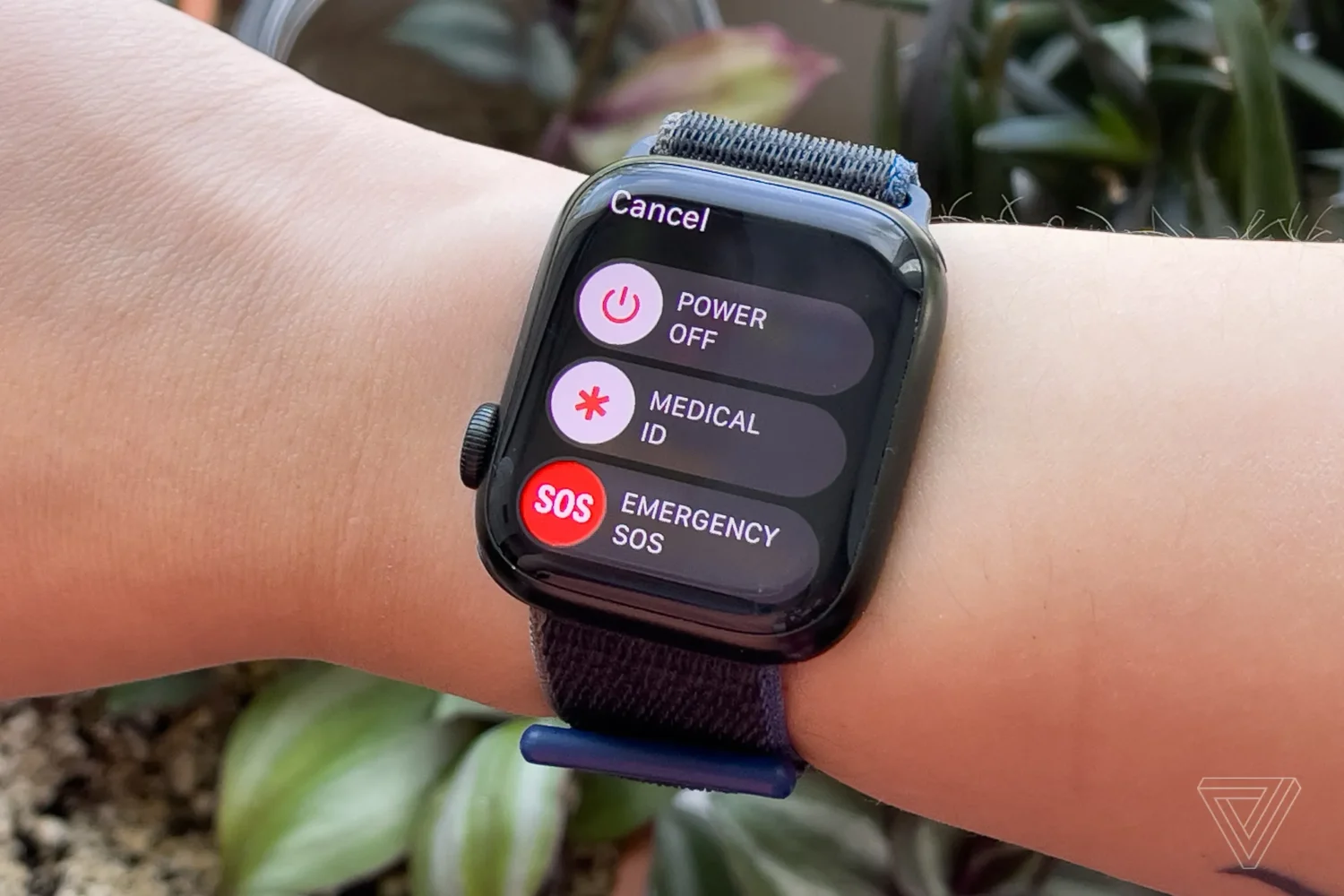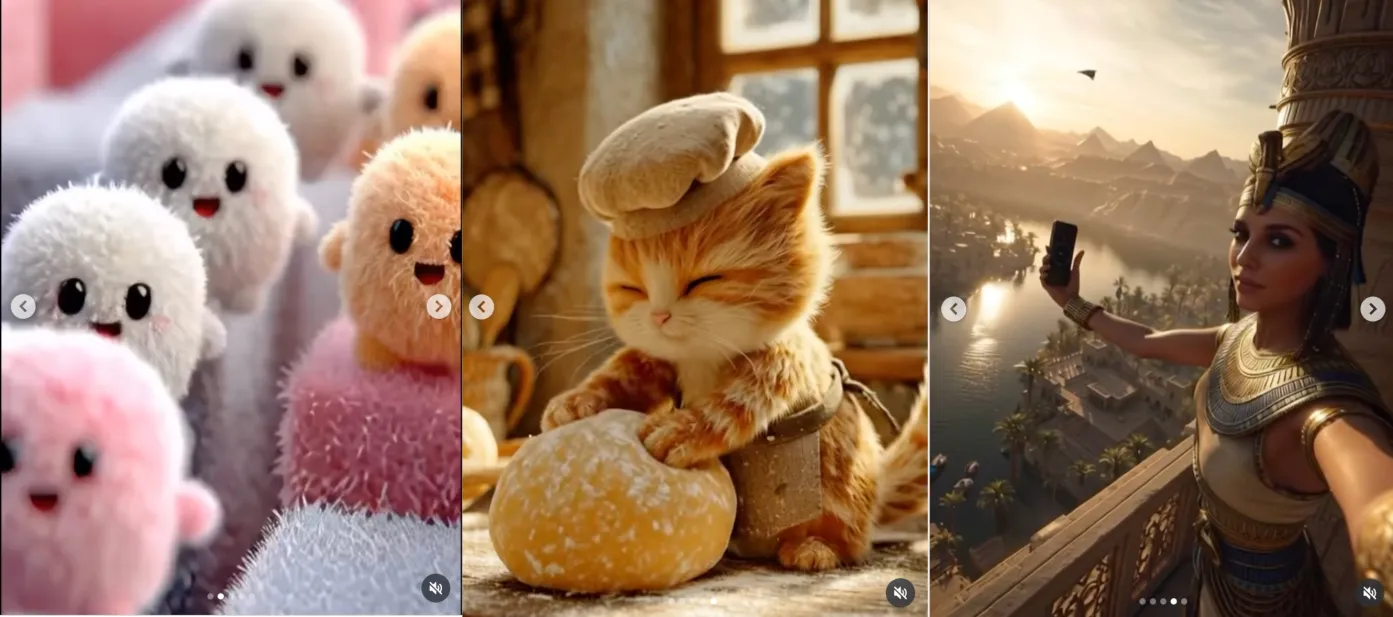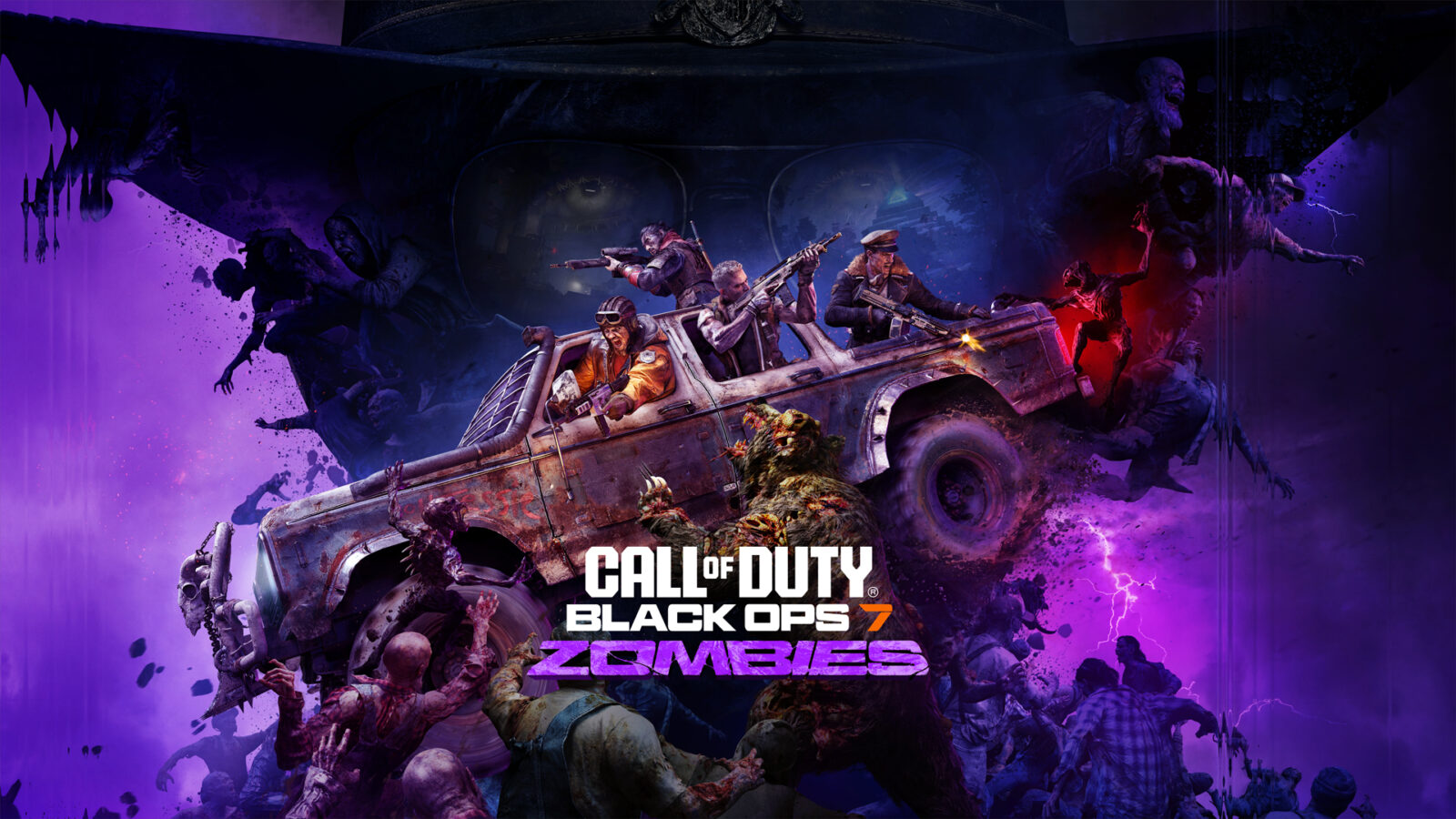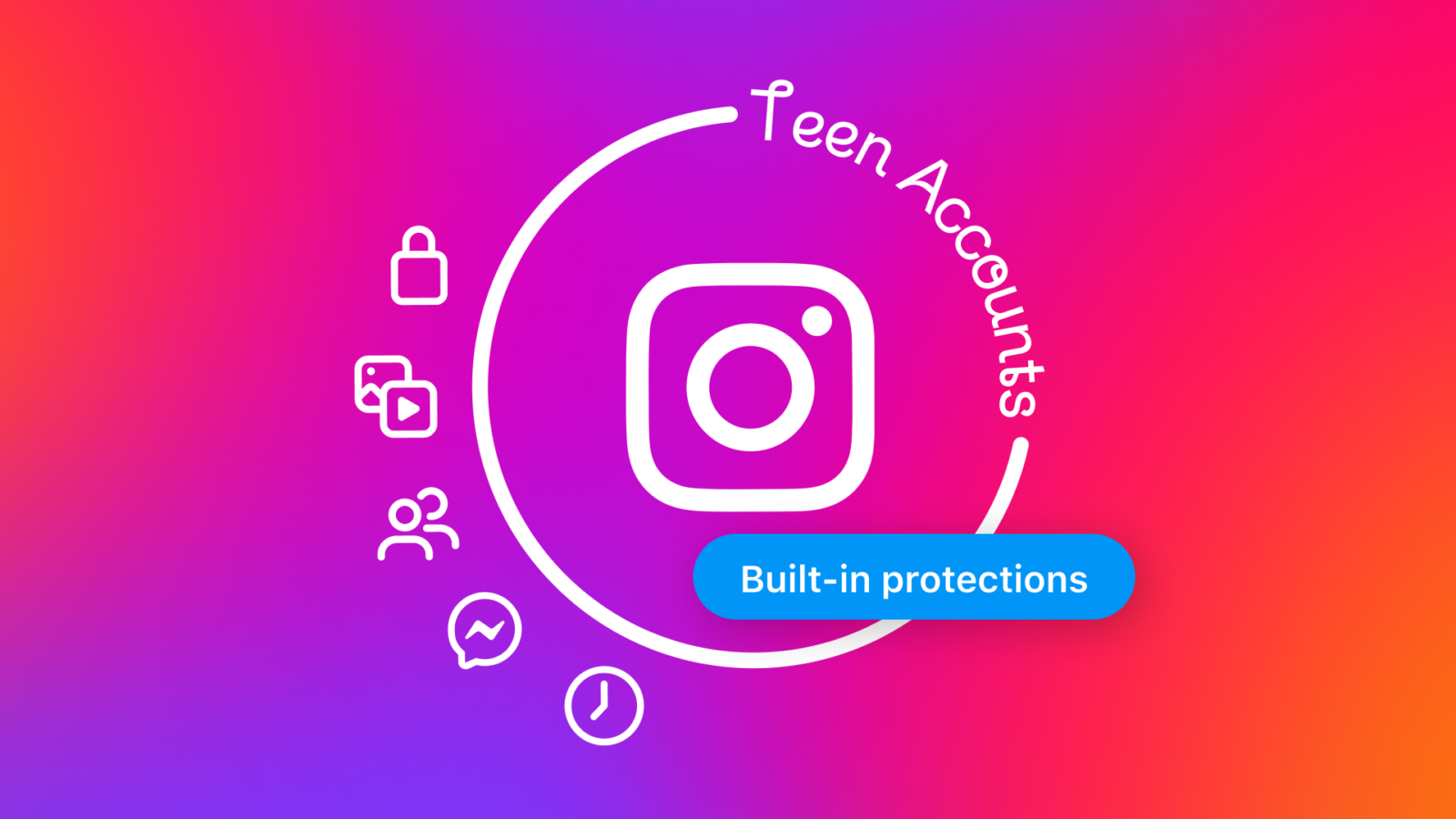TL;DR: Marvel Zombies has gore, heart, and flashes of brilliance, but its short length and shallow character work keep it from becoming the definitive MCU horror story.
Marvel Zombies
Marvel Zombies is one of those ideas that sounds like the kind of thing you’d sketch in the margins of a high school notebook during math class. “What if Captain America, but zombie?” “What if Spider-Man had to swing through a wasteland of decaying heroes?” It’s pulpy, grotesque, and irresistibly dumb in the best way. So when Marvel’s What If…? gave us the “What If… Zombies?!” episode a couple years back, it felt like someone at Disney had finally peeked into the fever dream of fans who grew up sneaking zombie flicks past their parents. And to be fair, that episode was pretty fun—messy, rushed, but full of swagger. It ended with the haunting image of a zombified Thanos wielding an almost-complete Infinity Gauntlet, which was such an audacious cliffhanger that it practically begged for its own spin-off.
Enter Marvel Zombies, a four-episode animated mini-series that promised to pick up that corpse and run with it. On paper, it had everything working in its favor: an R-rated (okay, TV-MA rated) playground, an apocalypse setting, a chance to dust off underused MCU characters and give them gnarly arcs, and most importantly, the opportunity to do something Marvel hasn’t done in ages—surprise us. What we got instead is something that shamblingly lurches between inspired gore and frustrating missed potential. Like its undead protagonists, Marvel Zombies is never quite alive, but never completely dead either.
The show centers around Kamala Khan, which, at first, I found puzzling. Why anchor your first truly adult animated Marvel project around one of the most wholesome characters in the MCU? But then Iman Vellani’s voice hits your ears, and suddenly it all makes sense. Kamala brings warmth, wit, and a beating heart to a show that would otherwise drown in nihilism. She’s not just our guide through this apocalypse—she’s its soul. Watching her wrestle with impossible choices while clinging to her optimism gives Marvel Zombies a layer of humanity it desperately needs. Without her, the series would risk becoming just another dreary parade of fanservice corpses.
That said, the supporting cast is a mixed bag. Yelena Belova and Red Guardian at least get some emotional weight, their dynamic both darkly funny and tinged with regret. Shang-Chi gets a few standout sequences, particularly an early San Francisco escape scene that feels ripped from a horror-action manga. But then there’s Blade Knight, an idea so cool on paper it practically sells itself. Eric Brooks, fused with Khonshu’s power? Yes, please. And yet in execution, he’s basically just another brooding voice in the ensemble, introduced too late and used too little. It feels less like a dramatic reinvention and more like Marvel testing a toy prototype.
Other characters fare even worse. Valkyrie pops up only to look cool for five seconds, Riri Williams is shoved to the sidelines after being positioned as Kamala’s closest ally, and John Walker… well, he’s there. The zombies themselves are similarly undercooked. Wanda Maximoff as the Red Queen should be terrifying—this is Scarlet Witch with no conscience, ruling over a horde of zombified Avengers. And while her presence is certainly menacing, she’s never allowed to dominate the narrative the way she should. Zombie Namor makes a splash, zombie Okoye gets some eerie moments, but most of these undead icons are relegated to background noise.
The pacing is the biggest culprit. Four episodes simply isn’t enough to tell the story this show clearly wants to tell. Each episode sprints from one set piece to the next, rarely giving characters time to breathe, mourn, or even process the horror of what’s happening. The result is a series that feels like a highlight reel of a much bigger story. The Shang-Chi prologue, the Mad Max-style wasteland timeskip, Kamala’s emotional dilemmas—these all deserved more space to unfold. Instead, they’re rushed through like checkpoints on a speedrun. By the time the finale rolls around, it doesn’t feel like a crescendo; it feels like an abrupt halt.
And yet… there are flashes of brilliance here. The gore is gleefully inventive without tipping into edgelord territory. The animation has moments of real dynamism, especially during close-quarters battles where Kamala’s powers are used in surprisingly grisly ways. And thematically, there’s something poignant about a bright-eyed teenager forced to grow up in the darkest timeline imaginable, trying desperately to hold on to hope. Kamala Khan carries Marvel Zombies on her back, and she almost makes you forget how undercooked everything else is.
Almost.
Ultimately, Marvel Zombies feels like another entry in the increasingly messy saga of Marvel’s Disney+ output: a project brimming with potential that gets clipped at the knees by poor pacing and an unwillingness to commit fully to its premise. The show needed two or three more episodes to breathe, more focus on its villains, and less of a reliance on tossing cameos at the screen. As it stands, it’s a curiosity: fun enough to watch once, but not strong enough to leave a lasting bite.

